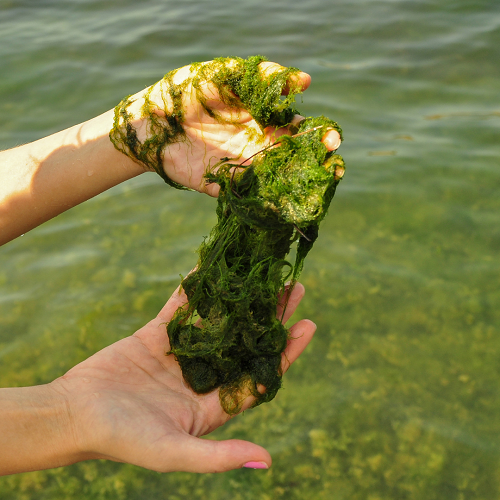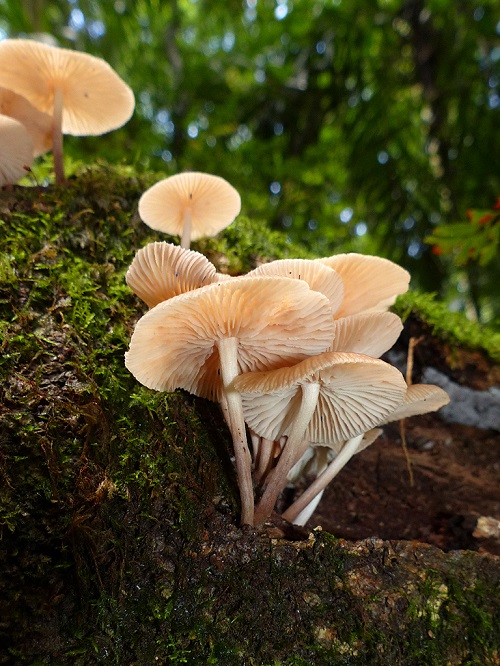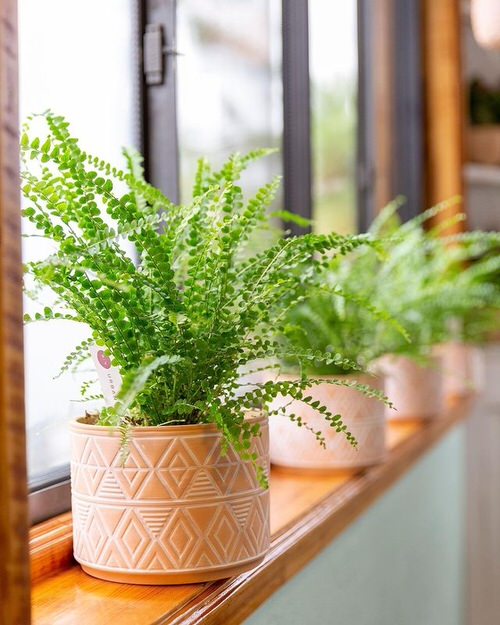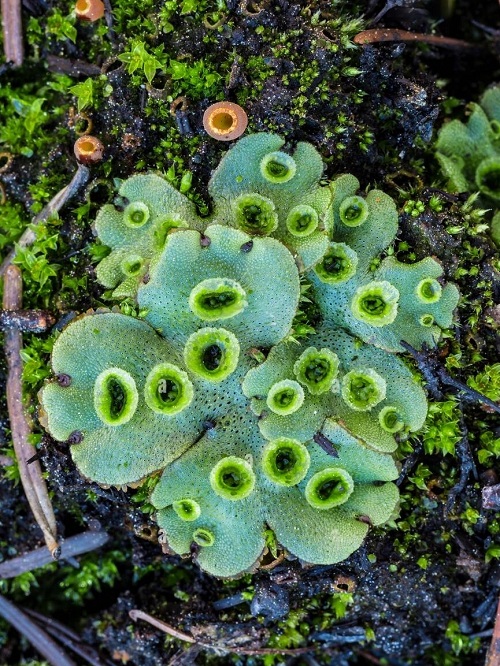Let’s decode the world of botanical puzzles by having a look at the Plants with no Flowers or Seeds. Join us on a journey of discovery!
Nature often surprises us, and one of its surprises is the Plants with no Flowers or Seeds. These unique plants offer a new way to see the world we know. Join us as we explore these special plants, uncover their mysteries, and discover what makes them so interesting.
Check out some weird plants that look like brain here
Plants with No Flowers or Seeds – Why Do they Exist
Plants with no Flowers or Seeds exist due to several ecological, evolutionary, and environmental factors. Here’s an exploration of why these plants exist:
1. Evolutionary Perspective
- Ancient Lineage: Many of the Plants with no Flowers or Seeds belong to ancient lineages that predate the evolution of flowering plants. Their existence represents early forms of plant life that have continued to survive and adapt.
- Diverse Reproductive Strategies: The absence of flowers and seeds doesn’t mean an absence of reproduction. These plants have developed other means of reproduction, like spores or vegetative propagation, which have proved effective for them.
2. Ecological Niches
- Specialized Roles: Plants with no Flowers or Seeds often occupy specific ecological roles or niches where flowering plants may not be as successful. For example, mosses can colonize bare rocks and poor soils, creating conditions for other plants to eventually grow.
- Contributors to Ecosystem: They play essential roles in many ecosystems, contributing to soil formation, preventing erosion, and providing habitat for other organisms.
3. Energy Efficiency
Flower and seed production requires significant energy and resources. By reproducing through alternative means, these plants can thrive in environments where resources may be limited.
4. Environmental Adaptation
Some of these plants are particularly resilient and can grow in extreme or fluctuating conditions where flowering plants might struggle. Spores, for instance, can often survive harsh conditions and long periods of dormancy.
5. Biological Diversity
These specimens add to the rich diversity of plant life on Earth, providing scientists and researchers with insights into plant evolution and adaptation.
Plants with No Flowers or Seeds
While most plants produce flowers and seeds as part of their reproductive process, there are some that do not follow this typical pattern. These exceptions can be categorized based on different aspects, such as their reproduction method or their lack of visible flowering structures.
1. Ferns
Ferns reproduce via spores instead of flowers and seeds. They have complex life cycles and have specialized structures called sporangia, which produce and contain spores.
Popular Types of Ferns:
- Maidenhair Fern
- Boston Fern
- Staghorn Fern
Check out the Best Ferns for Containers that Grow Indoors & Outdoors Easily here
2. Mosses
Mosses are non-vascular plants that also reproduce through spores. They do not have seeds or flowers and are commonly found in damp and shaded locations.
Popular Examples of Mosses:
- Sphagnum Moss
- Polytrichum Moss
3. Algae

Some algae, especially those classified as green algae, are considered plants by certain definitions. Algae do not have flowers or seeds, and they reproduce through various means, including fragmentation, spores, and gametes.
Popular Types of Algae:
- Chlorella
- Spirogyra
4. Fungi

Though not considered plants by modern classification, fungi were historically grouped with them. They also reproduce through spores, without the need for flowers or seeds.
Popular Examples of Fungi:
- Mushrooms
- Yeasts
Best Homemade DIY Fungicide Recipes for Plants
5. Liverworts
Liverworts, like mosses, are non-vascular plants that do not produce flowers or seeds. They reproduce through both sexual (spores) and asexual (vegetative reproduction) means.
Popular Types of Liverworts:
- Marchantia
- Conocephalum
6. Hornworts
Hornworts are a lesser-known group of non-vascular plants that don’t produce flowers or seeds. They reproduce through spores.
Popular Examples of Hornworts:
- Anthoceros
- Phaeoceros





